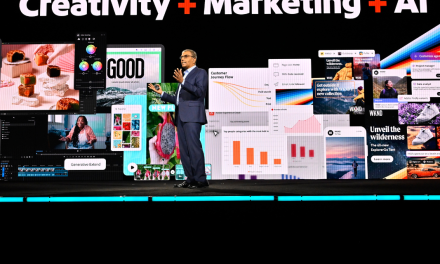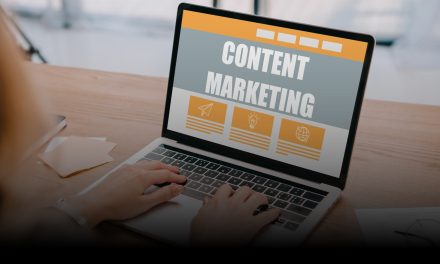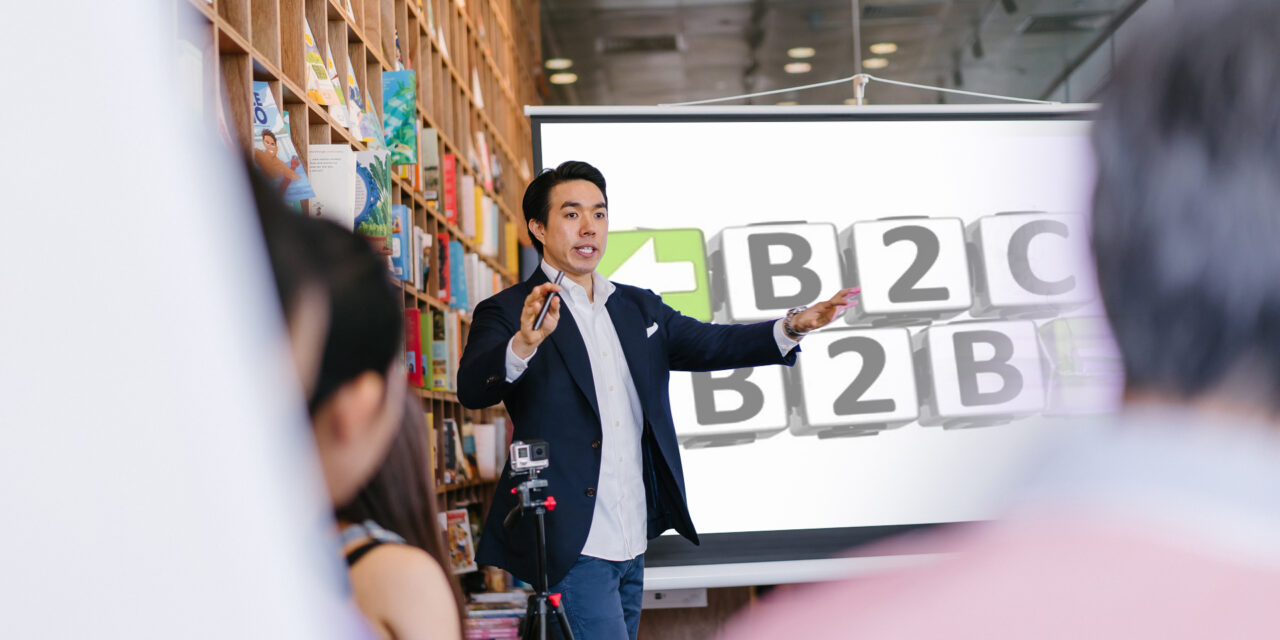Micro-influencers are effective in promoting consumer products and influencer marketing expands to business-to-business (B2B) companies.
One of the most sought marketing strategies nowadays is influencer marketing. This digital marketing strategy greatly helps business-to-customers (B2C) and business-to-business (B2B) companies.
What Is Influencer Marketing?
Influencer marketing involves collaboration with people who can influence others. It’s a great way for businesses to promote their products and services through recommendations and endorsements from influencers.
Who Are Micro-influencers?
Micro-influencers are people with a number of social media followers more than the followers of normal individuals but smaller than that of celebrities. They usually have 1,000 to 100,000 social media followers.
Benefits of Micro-influencer Marketing
Micro-influencer marketing takes advantage of the tight connection of content creators to their audiences. These content creators include writers, singers, musicians, photographers, counselors, teachers, and other artists and professionals. They also make up ordinary people who have become famous on social media because of their viral content.
The benefits of micro-influencer marketing include the following:
- Targets social media reach
- Promotes brand awareness
- High likelihood of availing a product or service
- Cost-effective
Key Strategies and Trends in Influencer Marketing
B2C and B2B companies can take advantage of influencer marketing by determining the best strategies that work for them. There’s no absolute rule or formula to achieve a successful influencer marketing campaign. But you can consider applying the latest strategies and trends in influencer marketing, which include the following:
- Monetizing through sponsorships and paid amplification for broader outreach
- The rise of content creators as micro-influencers
- Short-form videos like tutorials and performances are in-demand
- Authenticity and taking a stand are crucial in influencer marketing
- The increasing popularity of virtual influencers
Success Stories of APAC companies implementing Influencer Marketing
So, what are the impacts of micro-influencer marketing? Here are some success stories.
- Impressive Conversion Rate Of Instamojo
Rapti Gupta, the Director of Brand Marketing of Instamojo, the simplest online selling platform for independent businesses in India, shares her responses on how Instamojo’s influencer marketing campaign reached over 1 CR people in 1 month. She said that they wanted to spread more awareness about the launch of their new stores and unique pricing so they decided to target nano and micro-influencers who could spread store and brand awareness.
Instamojo included influencers who create content on various aspects of educating entrepreneurs. For example, Instamojo targeted influencers from the business education category to run its first campaign. They carefully handpicked influencers who create content for digital creators, educating people on how to sell digital products online smarter, faster, and cheaper.
Instamojo has seen a 60% conversion rate with this campaign. They have reached over 1 CR people with about 20 to 30 micro and nano influencers and for the Month of May 2021, which was the company’s best-performing marketing campaign. - Leveraging The Global Network Of Hashoff
Hashoff LLC, the wholly-owned subsidiary of DGTL Holdings Inc, has opened in the APAC markets successfully. The ancillary company is one of the world’s largest Asian airlines.
Hashoff LLC is an enterprise-level self-service content-as-a-service (CaaS) built on proprietary Machine Learning (ML) and Artificial Intelligence (AI) technologies. The inaugural campaign aims to produce media to promote a new customer loyalty program in a global marketing initiative.
Hashoff is planning to leverage its global network by employing search and discovery software. At the moment, Hashoff has more than 150 million social media influencers, and the search and discovery software program scans, ranks, optimizes, and engages brand-appropriate micro-influencers to create an international team that consists of social media content creators and publishers. - Social Media Influencers Help Outfox Foreign Rivals
In China, western companies have long dominated the market. But these established companies are now threatened by Chinese start-ups because of their social media marketing and micro-influencer campaigns, along with optimized supply chains.
Social media influencers make a tremendous impact on the sales of local brands in China, beating their western counterparts. Chinese brands boost the market experience by using online shopping festivals. In a report, there’s a 2% increase in the domestic sales for Chinese consumer brands in 2020 while foreign brands decreased 6% on sales.
The success of Chinese local brands is due to major investments in social media and influencer marketing, fueled by robust venture capital. - Leveraging B2B Influencer Marketing to Build Trust
Business-to-business or B2B companies can benefit from influencer marketing because influencers serve as their face to the audience. Influencer marketing is not only effective for B2C but also for B2B companies, which plays a crucial role in B2B marketing.
Business buyers need to make a sound buying decision for their company or organization. About 56% of their final decision involves emotional factors. Hence, it’s crucial for vendors to establish a sense of trust to make them feel optimistic and confident about their brand.
Business buyers also check recommendations, peer reviews, and social media whenever they research solutions to help solve business problems. In addition, influencer marketing provides B2B prospects with unbiased, authentic information about B2B products and solutions.
Conclusion
Micro-influencer marketing can be an effective tactic to draw more people into a brand. Because of the influence of micro-influencers, B2C and B2B companies increase their web traffic, conversion rates, and leads that promotes greater revenues. Influencer marketing transforms the traditional marketing landscape’s word-of-mouth, realizing goals and accelerating sales.



















